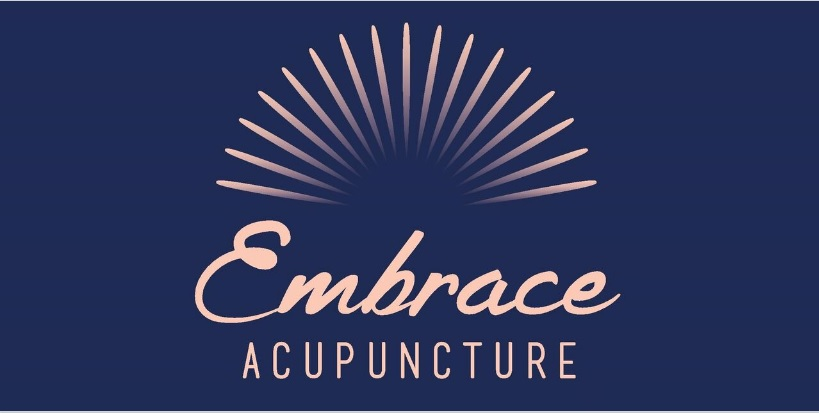NIPS: What it is, and what you need to know
You spent the time, tracked your BBT, watched what you ate and finally, it’s happened. You’re pregnant! That’s wonderful news and we’re so excited for you!
Now comes what can seem like a complicated minefield of choices and screening options that are available in the first trimester. It can sometimes be overwhelming and not always clear.
These choices include whether you want to go through the private or public system and whether you want a private obstetrician or midwife.
This week we will discuss the choices you have in chromosomal screening options for your baby.
These are the screening tests that indicate the chance that your baby will be born with a chromosomal abnormality such as Down Syndrome.
We’re going to look at a few important things to help you navigate this part of your precious journey:
What are the Options?
What’s the Difference?
One Really Important Thing to Know.
NIPS or CFTS: What Are They?
Up until around 10 years ago. A blood test and ultrasound (Combined First Trimester Screening CFTS) in combination, were the best methods for calculating your risk of having a baby with one of the three most common chromosomal conditions:
Down syndrome
Edwards syndrome
Patau syndrome.
This combination of treatments is still available and still the standard screening method. This testing option will set you back about $100.
Then came the Non-Invasive Prenatal Screening (NIPS) test. This started out as a very expensive test (thousands of dollars) and one that took weeks for results to come back. Over the years the test has become somewhat cheaper ($450) and the results are back within 5-7 days.
It is still important to have the 12-13 week ultrasound when having the NIPS test.
NIPS or CFTS: What’s the Difference?
The CFTS is a blood test that looks at a hormone (bHCG) and a plasma protein (PAPP-A). It screens for the risk of Down Syndrome (trisomy 21), Edwards syndrome (trisomy 18) and Patau syndrome (trisomy 13).
The blood test is ideally performed at around 11 weeks with the ultrasound a couple of weeks later.
This is a risk assessment test that takes into account the age of the mother, the blood test results and the fetal neck fat that is observed in the ultrasound.
The results are given in a chance scenario, for example: IF you have a 1/1500 chance of having a baby with Down syndrome.
It has around 90% detection rate of these conditions.
The NIPS test is also a blood test. It differs in that it detects traces of your baby's DNA through the mother's plasma. It can be performed from 10 weeks gestation.
Because the NIPS test looks at the baby's DNA directly (how cool is that?!!) the results are more accurate in detecting the 3 main chromosomal conditions (mentioned above).
It has a 99% chance of detection but remember this is still just a screening test and if the risk is high, further diagnostic testing should still be done.
Another perk of the NIPS tests is its ability to detect the baby's gender and blood type!!
It also tests for many other DNA abnormalities and is constantly becoming a more sensitive screening process.
IMPORTANT: These are NOT Diagnostic tests!
Neither of these tests are diagnostic.
This means that if you are told you have a high chance of a condition you will be referred to have some slightly more invasive diagnostic tests done for confirmation.
As with any test, there can still be false positives (result incorrectly indicates the presence of a condition) and false negatives (incorrectly fails to indicate the presence of a condition) occurring.
Make sure to have a good chat to your GP or OBs about which test is best for you.
It’s important to remember that the NIPS test is still not standard practice, is expensive and women should not be pressured into having it.
You will be offered genetic counseling to help with your decisions but it is still worth giving some thought to.
We hope this helps in your decision-making!
Looking for Prenatal Acupuncture? Come visit us in clinic!





